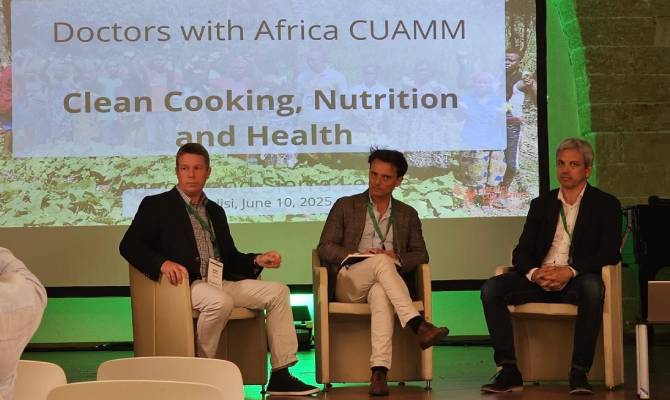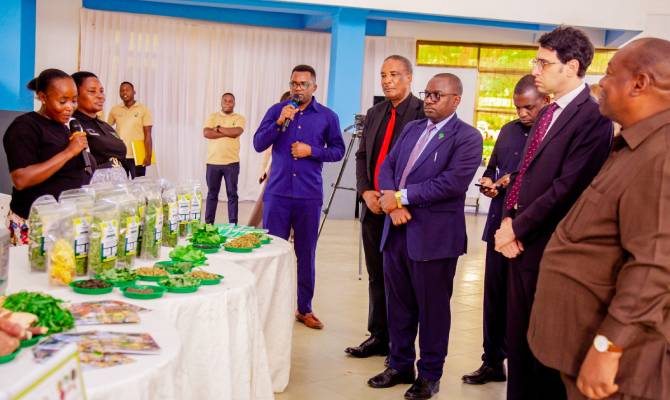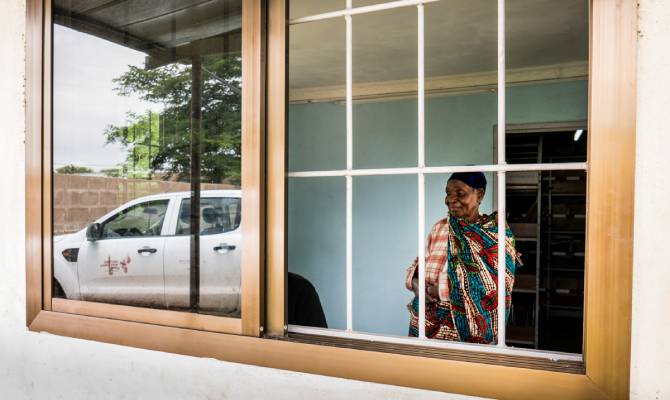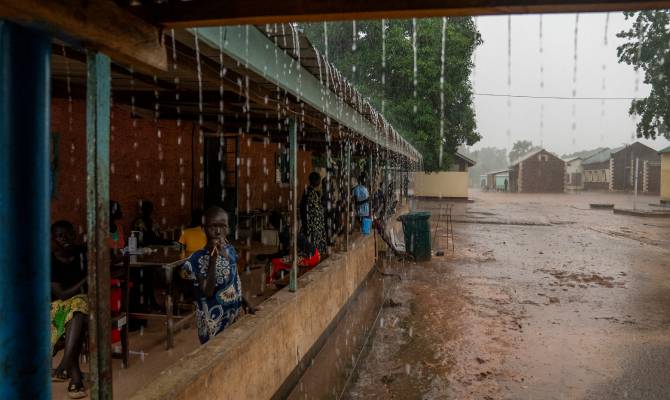Accelerate 2050 is a global conference that brings together institutional leaders, international organizations, UN agencies, companies, foundations, think tanks, universities, and civil society representatives from all over the world to create and nurture a dialogue on major global challenges, particularly in view of the 2030 Agenda and the Sustainable Development Goals (SDGs).
This year the event was held in Brindisi, Apulia and we had the opportunity to participate in it. As an international NGO committed to protecting and promoting access to healthcare in Sub-Saharan Africa, we have been invited to contribute to the panel dedicated to international cooperation under the theme “Early-stage climate & health ventures: war stories from founders & investors”. Together with fellow speakers Brian Fairhurst – Anthropogenic and Paul Sebastien – African Carbon Solutions, Andrea Atzori – Head of International Relations shared both our experience and expertise by underlining the intersection that exists between climate and health.
The WHO estimates that climate change will cause 250,000 additional deaths per year between 2030 and 2050, mostly from malnutrition, malaria, diarrhea, and heat stress.
As Doctors with Africa CUAMM we see firsthand the trend especially in the most vulnerable settings where children and pregnant women bear the highest burnt. To better respond to their health needs, we work in collaboration with health authorities, from first to third level ensuring the continuity of care. In addition, we also intervene at community level by promoting a bunch of activities including: training and sensitization on nutrition, WASH and IPC, community engagement, screening, data collection and monitoring.
«In the current global scenario, climate change is not only an environmental issue — it’s a social and economic disruptor that deepens poverty, forces migration, weakens food and water security, and undermines mental and physical health mainly affecting women and children – claimed Andrea Atzori. – These challenges are complex, interconnected, and cross-sectoral that’s why as CUAMM we are committed to adopting a integrated approach to address the issue».
The Clean Cooking program, discussed during the panel is indeed a model of such approach as it stands right at the intersection of health, climate, gender equity, and sustainable development. Designed to be scalable, sustainable, and adaptable to local contexts, the program is an effective tools to monitor communities’ habits and health status therefore implement adequate strategies.





